Banks always promote bad debt handling, improve credit quality, and minimize new bad debt.
Resolution No. 42/2017/QH14 on piloting the handling of bad debts of credit institutions, issued by the National Assembly in 2017 in a special context, has shown its important role in creating a specific legal mechanism, contributing to accelerating the process of handling bad debts. However, since January 1, 2024, when Resolution No. 42 officially expires, many regulations are no longer suitable and need to be changed to meet practical needs.
Legal barriers remain
In fact, the legal "loophole" after Resolution No. 42 expired has greatly affected the recovery and handling of bad debts of credit institutions. Statistics from the Vietnam Banking Association show that by the end of December 2024, the total bad debt of credit institutions was about 1,030 trillion VND. Worryingly, in the first two months of 2025, bad debt increased very rapidly, adding about 34 trillion VND. Meanwhile, the speed of handling bad debt only reached about 15 trillion VND because credit institutions set aside risk provisions to handle
Regarding the above bad debt figure, Dr. Le Duy Binh, Director of Economica Vietnam, said that with the total outstanding credit balance of the entire economy currently around 16 million billion VND, if the bad debt ratio is around 6-7%, the absolute figure will be over 1 million billion VND - equivalent to nearly 40 billion USD, this is a source of capital that is not used effectively, becoming "dead" capital. More importantly, the harm does not stop at that very large number, but along with the "frozen" capital, the accompanying mortgaged assets are also not exploited due to legal entanglements. That means the economy is suffering a double impact, both losing credit sources and leaving assets "dormant".
According to Dr. Binh, when Resolution No. 42 expires, the process of handling bad debts and recovering collateral is facing many legal barriers. Along with that is the mentality of procrastination and refusal to repay debts of some individuals and businesses. This poses risks to the bank, worsens business culture, and affects the relationship between credit institutions, businesses and depositors. Therefore, businesses need to be aware that when borrowing capital, they are using the money of savers, not "the money of the bank owner" and must be responsible for repaying debts on time.
Vice President and General Secretary of the Vietnam Banking Association Nguyen Quoc Hung shared that we all have the responsibility to protect the legitimate rights and interests of the people, but that does not mean protecting the wrongdoings of a part of the people: "Borrowers have the obligation to repay their debts as committed, instead of borrowing and then deliberately delaying, avoiding responsibility, only paying the principal without paying interest, or even participating in groups calling for debt default."
Establish sustainable discipline in credit relations
The Prime Minister has requested the State Bank of Vietnam (SBV) to develop a legal dossier to legalize some contents of Resolution No. 42, amending the Law on Credit Institutions 2024. Recently, at the 44th session, the National Assembly Standing Committee gave its opinions on the draft Law amending and supplementing a number of articles of the Law on Credit Institutions. Accordingly, it agreed to legalize the provisions of Resolution No. 42 instead of issuing a new resolution, but it is also necessary to inherit the effective provisions of Resolution No. 42 and overcome the limitations that have been summarized; at the same time, it is necessary to review related laws to ensure comprehensiveness when regulating asset seizure.
Deputy Prime Minister Ho Duc Phoc emphasized the basic principle that the borrower must repay the debt, and if the mortgaged property is used, if the debt cannot be repaid, the property must be seized. If seizure is not allowed, the bank will not dare to lend, and the borrower will lack the motivation to repay the debt. Handling secured property is a rather complicated issue, because it is also related to many other laws. However, from a legal perspective, Dr. Le Duy Binh said that in many countries, the right to seize mortgaged property is naturally protected by law. The conclusion of a credit contract already implies civil consent and if the borrower violates, the right to seize will be quickly enforced through an effective judicial system. However, in Vietnam, this has not yet been fully institutionalized, so it is necessary to clearly legalize the right to seize property to protect the legitimate interests of banks, shareholders, and depositors - those who are essentially contributing capital to the economy through the credit system.
Meanwhile, according to the proposal of Lawyer Truong Thanh Duc, CEO of ANVI Law Firm, the issue of bad debt handling can be regulated in the Law on Credit Institutions (amended) in the short term, but in the long term there should be a common law.
According to Nhan Dan Newspaper
Source: https://baohoabinh.com.vn/12/202030/Hoan-thien-hanh-lang-phap-ly-ve-xu-ly-no-xau,-tao-dong-luc-khoi-thong-dong-von.htm


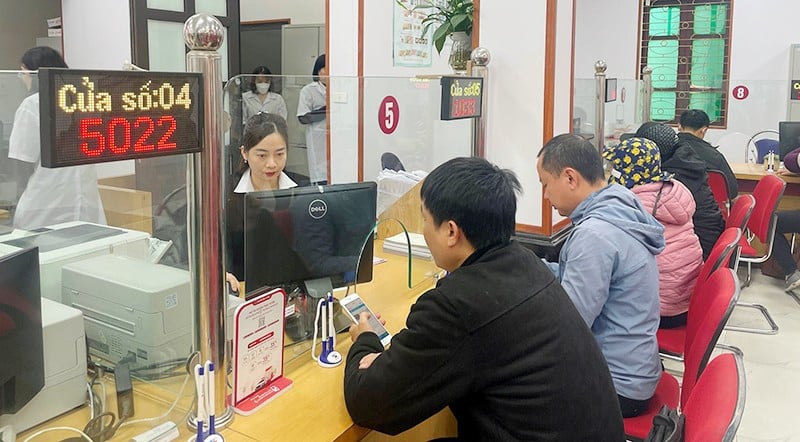






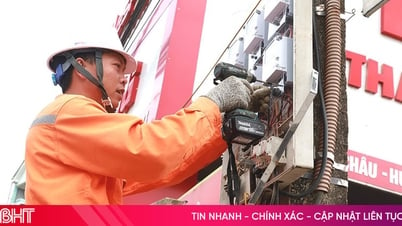





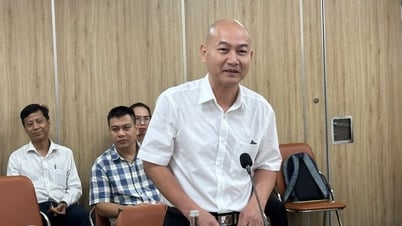











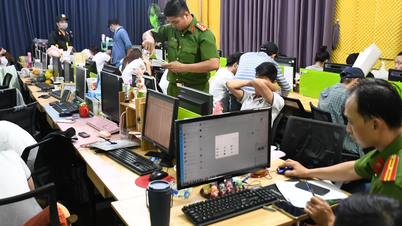







































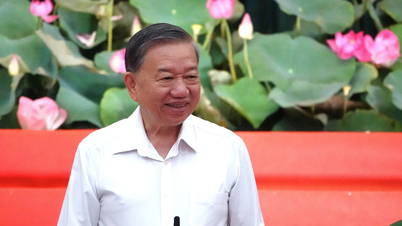
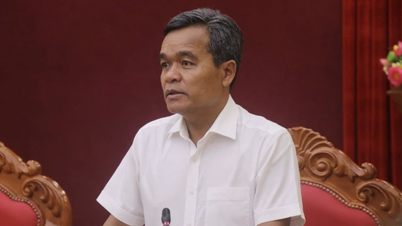
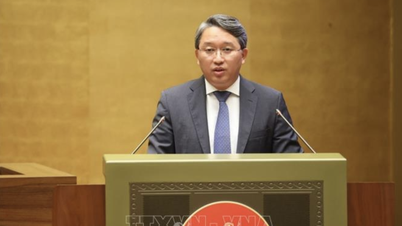










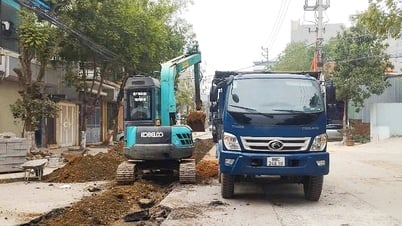



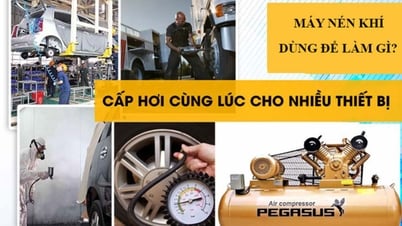

















Comment (0)